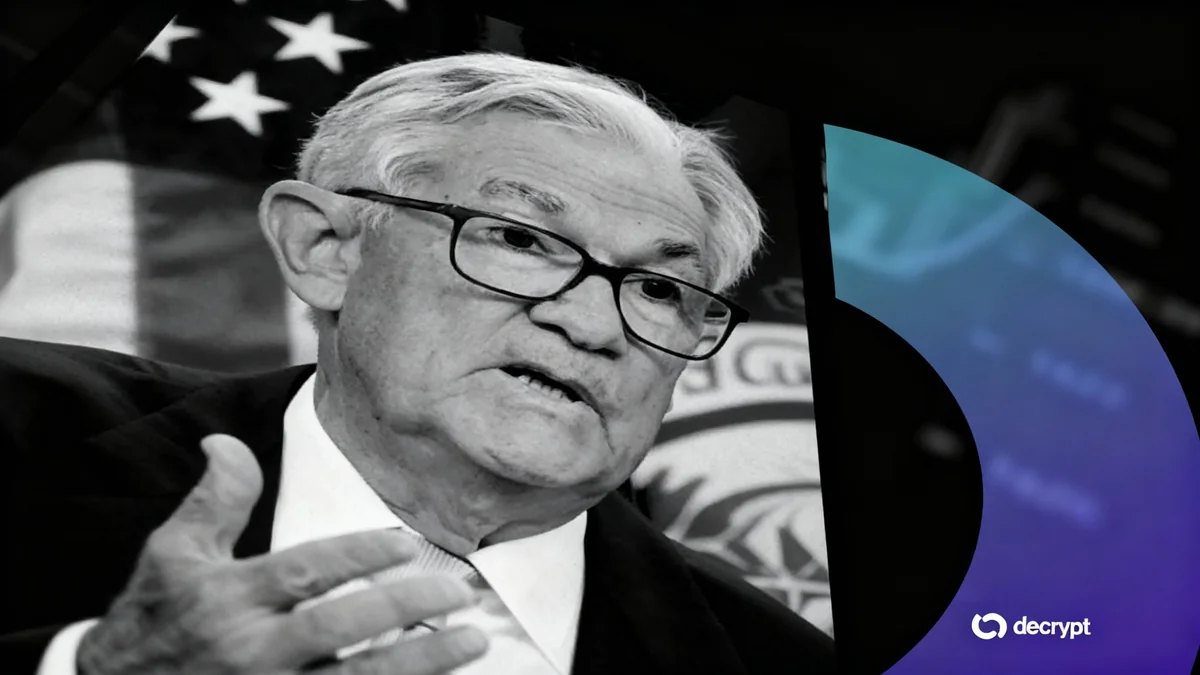The U.S. cryptocurrency sector is navigating a period of significant change, marked by a pivotal regulatory adjustment from the Securities and Exchange Commission (SEC) that could simplify the launch of new crypto-related investment products. This development comes as the industry intensifies its political engagement and continues to address the fallout from past misconduct, including major legal actions and regulatory settlements.
Key Takeaways
- The SEC approved new generic listing standards for commodity-based trusts, potentially streamlining the approval process for a wider range of crypto exchange-traded funds (ETFs) beyond Bitcoin and Ethereum.
- Crypto exchange Kraken has committed significant funds to political action committees, highlighting a strategy of increased political involvement to influence future regulation.
- Legal battles from the industry's past continue, with the FTX Recovery Trust suing Genesis Digital Assets for $1.15 billion over alleged mismanagement by Sam Bankman-Fried.
- Defunct exchange ShapeShift settled with the U.S. Treasury for $750,000 for processing transactions from sanctioned countries, underscoring ongoing enforcement of compliance rules.
SEC Eases Path for New Crypto Investment Products
In a significant move for the digital asset market, the U.S. Securities and Exchange Commission has approved new generic listing standards for commodity-based trusts. The rule change, which applies to major exchanges like Nasdaq, Cboe BZX, and NYSE Arca, creates a more streamlined process for listing new investment products tied to commodities, including cryptocurrencies.
Previously, each new crypto-related exchange-traded product (ETP) required a specific and often lengthy approval process from the Commission. Under the new framework, trusts that meet a set of predefined criteria can be listed without needing a separate, individual order from the SEC. This is expected to reduce the time and complexity involved in bringing new products to market.
Analysts suggest this decision could open the door for a variety of new crypto funds beyond the existing Bitcoin and Ethereum products. While the new standards explicitly prohibit leveraged and inverse ETPs, they establish a clear pathway for other single-asset or multi-asset crypto trusts to gain exchange listings, provided they meet the necessary requirements for market maturity and investor protection.
Background on Crypto ETFs
The approval of spot Bitcoin ETFs in early 2024 was a landmark event for the cryptocurrency industry, providing mainstream investors with regulated access to Bitcoin. The subsequent approval of spot Ethereum ETFs further validated digital assets as a legitimate asset class. The new generic listing standards build on this momentum, potentially accelerating the diversification of crypto investment options available to the public.
Industry Increases Political Spending to Shape Policy
As regulatory frameworks evolve, key players in the cryptocurrency industry are increasing their financial involvement in the political process. Crypto exchange Kraken recently announced a significant financial commitment to support political candidates and causes aligned with the industry's interests, particularly concerning digital privacy and innovation.
Kraken co-CEO Arjun Sethi confirmed a $1 million donation to the Freedom Fund PAC and an increased 2025 commitment of $1 million to America First Digital, a pro-Trump political action committee. This brings the company's total announced political contributions to $2 million.
"The fight for crypto in the United States is far from over," Sethi stated, emphasizing that the donations are part of a broader effort to protect what he described as "the core rights of individuals in a digital age."
This move reflects a growing trend within the crypto sector to engage more directly with policymakers in Washington, D.C. By supporting specific candidates and PACs, companies like Kraken aim to influence the legislative and regulatory direction affecting digital assets, seeking to foster a more favorable environment for growth and to counter what some see as regulatory overreach.
Growing Political Influence
The cryptocurrency industry's political spending has surged in recent election cycles. According to data from consumer advocacy groups, crypto-focused PACs have become some of the largest spenders in federal elections, aiming to build bipartisan support for favorable legislation and counter regulatory actions perceived as hostile to the industry.
Legal Fallout from Past Failures Continues
While some parts of the industry focus on future products and policy, the consequences of past collapses continue to play out in court. The FTX Recovery Trust, tasked with recovering assets for creditors of the failed exchange, has filed a major lawsuit against Bitcoin mining firm Genesis Digital Assets and its co-founders.
The lawsuit seeks to retrieve $1.15 billion, alleging that disgraced FTX founder Sam Bankman-Fried used commingled customer funds to invest in the mining company at what the suit describes as "outrageously inflated prices."
This legal action is one of many efforts by the new management of FTX to claw back funds that were allegedly misappropriated before the exchange's dramatic collapse in November 2022. The case highlights the complex and often intertwined financial dealings that characterized Bankman-Fried's management and the long road ahead for victims seeking restitution.
Regulatory Enforcement Targets Sanctions Violations
In another reminder of the industry's regulatory obligations, the now-defunct crypto exchange ShapeShift has reached a settlement with the U.S. Department of the Treasury's Office of Foreign Assets Control (OFAC).
ShapeShift agreed to pay $750,000 to resolve allegations that it violated U.S. sanctions. According to the Treasury Department, the exchange processed transactions for users located in sanctioned countries, including Cuba, Iran, Sudan, and Syria. Federal authorities alleged that for a period, ShapeShift operated without a sanctions compliance program in place to screen users or their transactions.
Importance of OFAC Compliance
OFAC is responsible for administering and enforcing economic and trade sanctions based on U.S. foreign policy and national security goals. All U.S. persons and entities, including financial services companies and crypto exchanges, are required to comply with these sanctions. Failure to do so can result in significant financial penalties and legal action.
The case against ShapeShift, founded by early crypto entrepreneur Erik Voorhees, serves as a stark warning to other firms in the digital asset space. It underscores the expectation from U.S. regulators that cryptocurrency businesses, regardless of their operational model, must implement robust compliance programs to prevent illicit financial activity and adhere to international sanctions regimes.
Together, these developments paint a picture of an industry at a crossroads. On one hand, regulatory pathways for mainstream adoption are becoming clearer. On the other, the sector is grappling with intense legal scrutiny, the legacy of past failures, and the necessity of navigating a complex political landscape to secure its future.





